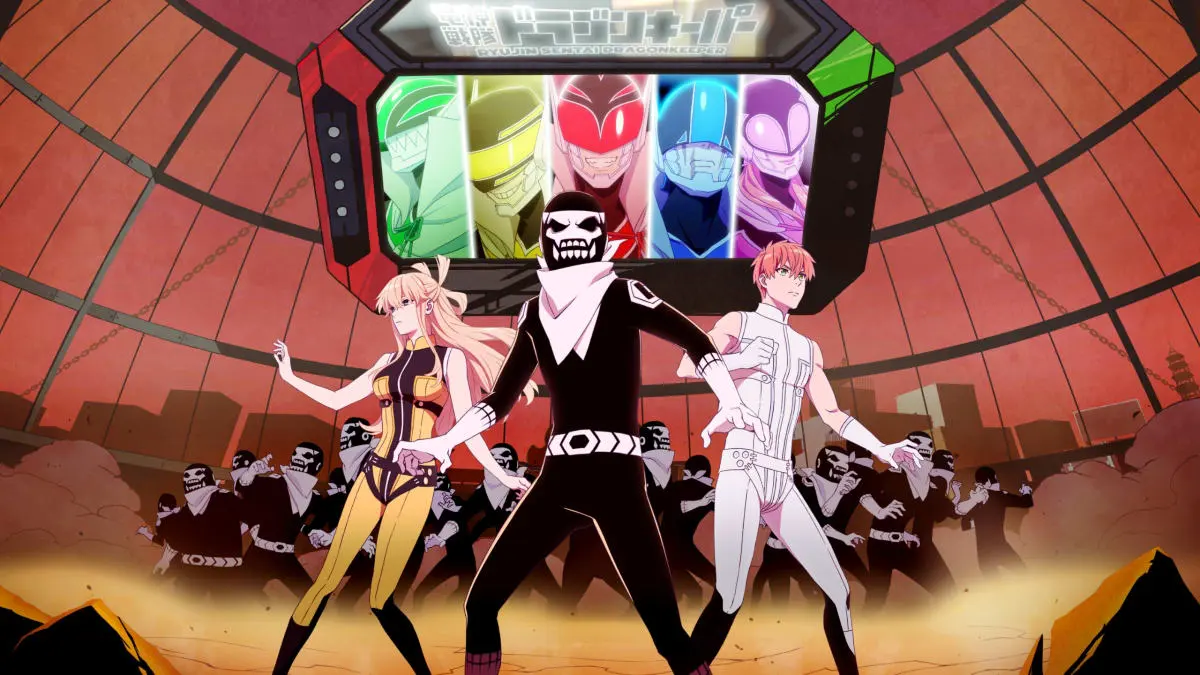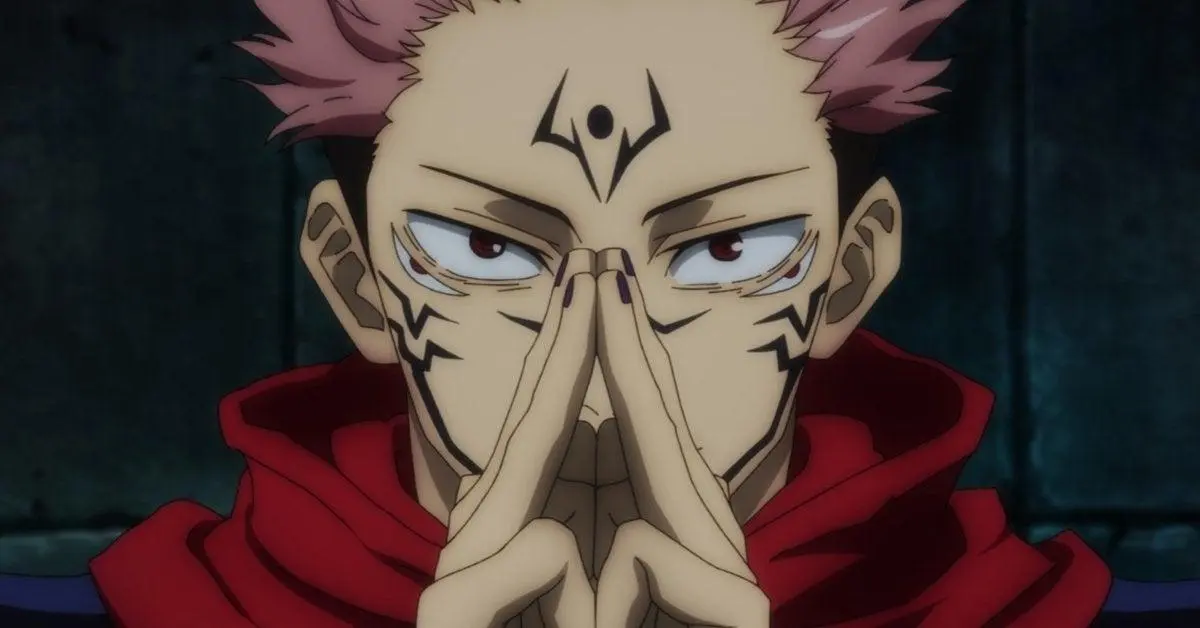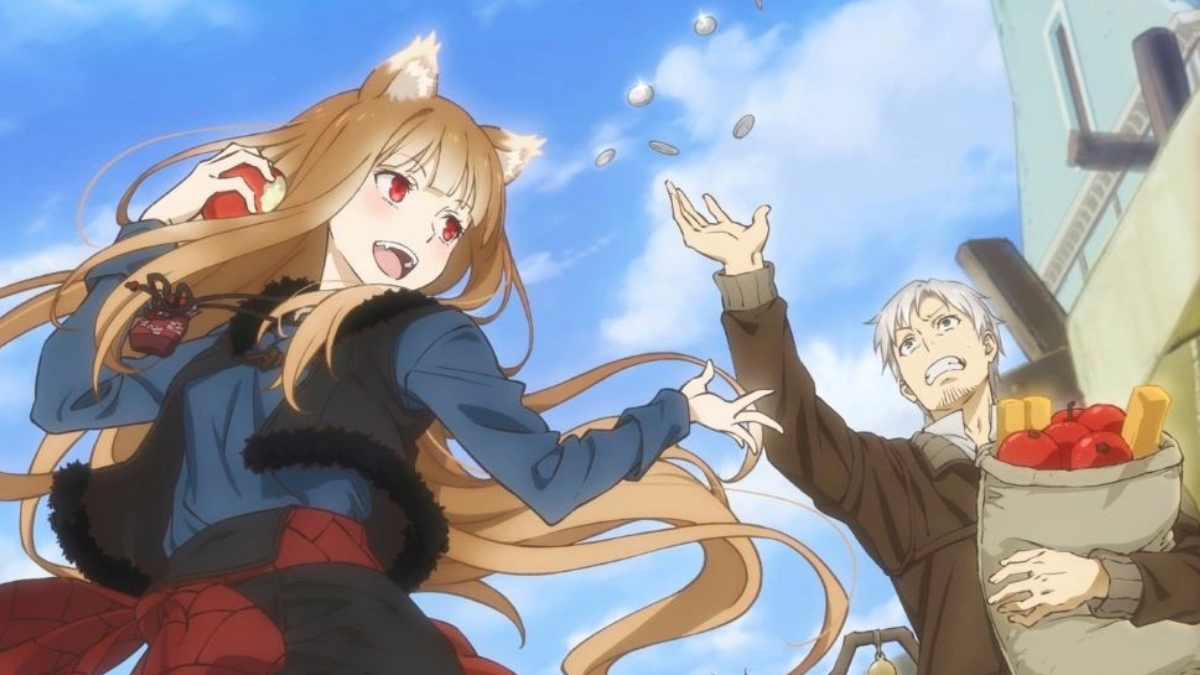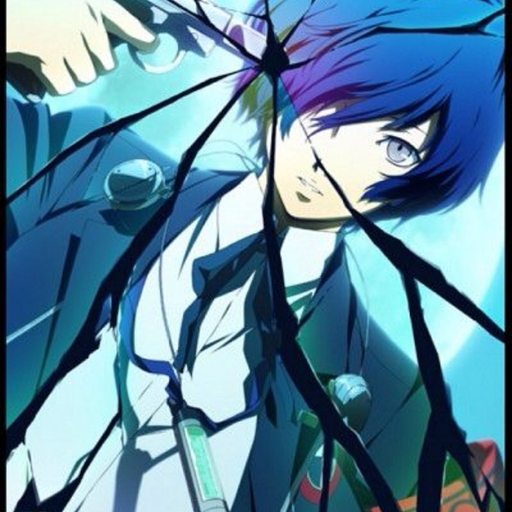If the title wasn’t a dead giveaway, Go, Go, Loser Ranger is meant to appeal to those who grew up watching Power Rangers. While dark subversions of popular anime tropes are nothing new – see the glut of dark magical girl anime that spawned in the wake of Madoka Magica – darker takes on Super Sentai as it’s known in Japan have been few and far between. Most of the time they devolve into parodies, like the Handsome Men in Killer 7 and Dragon Ball Z’s Ginyu Force, and are more jokes than genuine threats.
In fact, whenever Super Sentai is shown in anime, it’s usually as a loving parody of the genre. That’s not to say that parodying a genre is bad, but when there are so many parodies that do the exact same things, it all becomes an amorphous blob of similar gags and jokes. Very few shows want to explore Sentai beyond a surface-level reading. Shows like Gatchaman Crowds are one of the few shows that offer a deep examination of the core principles of Super Sentai and Power Rangers, but even then it doesn’t really offer up a subversive take on the tropes.
It’s because of that I had my eyes on Go, Go, Loser Ranger this season, not only because it offers to be one of the few darker subversions of a genre that rarely gets darker twists, but also explores it in a lot more depth. As someone who grew up watching Power Rangers on Saturday morning TV, I was always curious about what a team of evil Power Rangers would look like. The series would flirt with that idea, like with the appearance of the Psycho Rangers, turning some Rangers evil temporarily, or making comic book exclusive villains like Lord Drakkon, but there hasn’t been a series that committed so fully to exploring the concept of evil rangers like Go, Go, Loser Ranger.

The premise of the series is that the Dragon Keepers, AKA Power Rangers, to the general public, fight the evil Villainous Army every Sunday in order to protect the world from annihilation. In reality, the Villainous Army lost years ago and their foot soldiers have been imprisoned by the Dragon Keepers and are forced to constantly fight the Dragon Keepers not only to keep the public entertained but to keep the Dragon Keepers in a position of power on the global stage. One of the foot soldiers, known only as D, decides to rebel against what is effectively a life of slavery and vows to destroy the Dragon Keepers from within, opting to join the Keepers’ trainee battalion of aspiring Rangers.
Throughout the first episode, we can tell that something isn’t quite right. Typically on a show like Power Rangers, enemy attacks are random with no real way to discern what kind of villain is going to appear and what their powers are. Go, Go, Loser Ranger takes the cyclical nature of the monster-of-the-week formula and uses it to paint an almost dystopic view of society. The Dragon Keepers, at least in this first episode, have created a false utopia where they are manufacturing a threat that doesn’t actually exist to line their own pockets. The Keepers are basically putting on a gladiator match to keep public support high and to make sure the general population doesn’t ask any questions about the people who are supposedly protecting them from evil and why they’re in charge.
It’s also pretty easy to see just how cynical of a cycle the Dragon Keepers were able to establish. Whenever we’re outside of the Dragon Keepers arena and casually observing the world, the Dragon Keepers are virtually omnipresent. Broadcasts solely talk about them and their fight against evil, advertisements have the Keepers’s face emblazoned on them to the point where it feels like they’re present in everyday life, and the members of their battalions extol the virtues of the Dragon Keepers and their fight against evil. I’m reminded of how The Boys presents its heroes as products more than people. After all, if you want to support the Dragon Keepers and their noble fight against evil, you can buy their products!

It’s interesting to just see how some of the elements of Power Rangers and Super Sentai are taken to their extreme yet inevitable logical conclusions. Nearly every Sentai series has rampant merchandising, so tying some of the capitalistic tendencies of the subgenre directly into the world really puts into focus subtly how things are not on the up and up with the Dragon Keepers. They basically come across as a paramilitary organization that exploits the fear of the people in order to bolster themselves. They have dangerously powerful weapons that are capable of widespread destruction and all they need is an authoritarian leader to truly turn into an evil organization. The pieces are all there, and it’s easy to see how the Red Dragon Keeper could become a Homelander-esque menace to society with the right push.
And yet no one seems to care in Go, Go, Loser Ranger. There are some hints that some people are aware that the status quo is an inherently bad one, like the woman that D encounters after vowing to destroy the Dragon Keepers. Despite her not saying anything directly against them, we can tell from her demeanor and physicality that this woman, Yumeko, knows the Dragon Keepers aren’t to be trusted and is disillusioned with their mission. But the vast majority of people don’t seem to notice, or at worst, care. Very few people seem to know the truth about the fate of the Villainous Army and even if they did learn, who they even care? In the eyes of the world, they’re the bad guys that tried to conquer the world and the Keepers are the shining, smiling heroes. History is written by the winners after all, and the villains should deserve their punishment.
This is what makes the Dragon Keepers such compelling antagonists. Yes, Go, Go, Loser Ranger is a dark subversion of Power Rangers and Super Sentai, but it’s all based on plausible and logical extensions of traditional genre tropes. They’re not just manically evil villains like that Psycho Rangers were to the team of Power Rangers: In Space. Their villainous deeds are much more pervasive, slowly but surely making their brand of evil appear noble and just. They’ve weaponized the iconography of heroes to justify their evil deeds. They can treat the bad guys like subhuman trash because they defeated them and anyone who supports them is obviously supporting the Villainous Army.

The fact that all of this came across during the first episode of Go, Go, Loser Ranger made me immensely satisfied. Sure, I already had high hopes for the series given that it was one of my most anticipated anime of the year, let alone season, but it was still great to see all of these ideas come together as well as they do. Since I was a kid, I always wanted to see an evil Power Rangers team that came across as actual villains, and now I finally got my wish. If you’re a fan of Power Rangers, subversive examination of genre tropes, or just colorful heroes and villains striking dramatic poses, then Go, Go, Loser Ranger is the show for you.





